Coliving
-
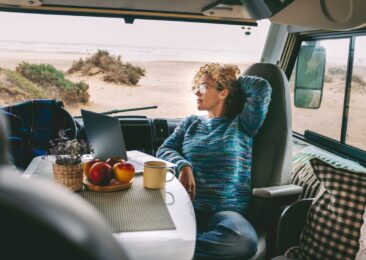
- Coliving
- Community
Top 10 coworking spaces for digital nomads
The rise of hybrid working brings an exciting lifestyle opportunity for adventure seekers. Indeed, digital nomadism –...
Lucy McInally on January 16, 2025 -
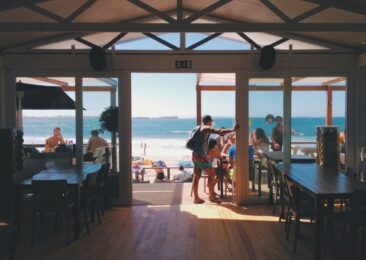
- Coliving
Coliving in 2024: What’s Next for This Major Real Estate Segment?
Discover the future of coliving in 2024, as we explore its rise in response to housing affordability...
Lucy McInally on July 1, 2024 -
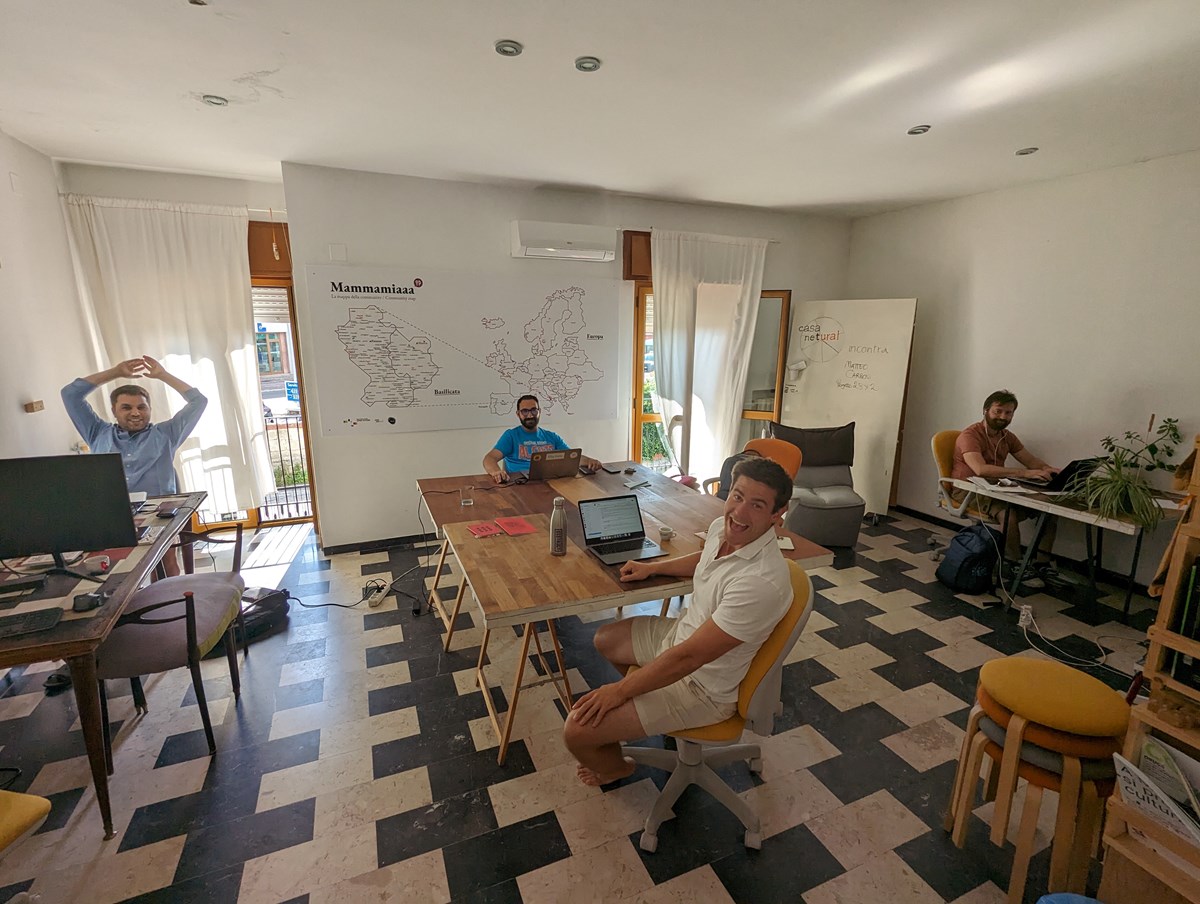
- Coliving
Casa Netural: A Rural Coliving, Coworking, and Collaborative Hub for Networking and Community Transformation
Placing the historic Italian town of Matera firmly on the map, Casa Netural is a rural collaborative...
Lucy McInally on September 6, 2023 -
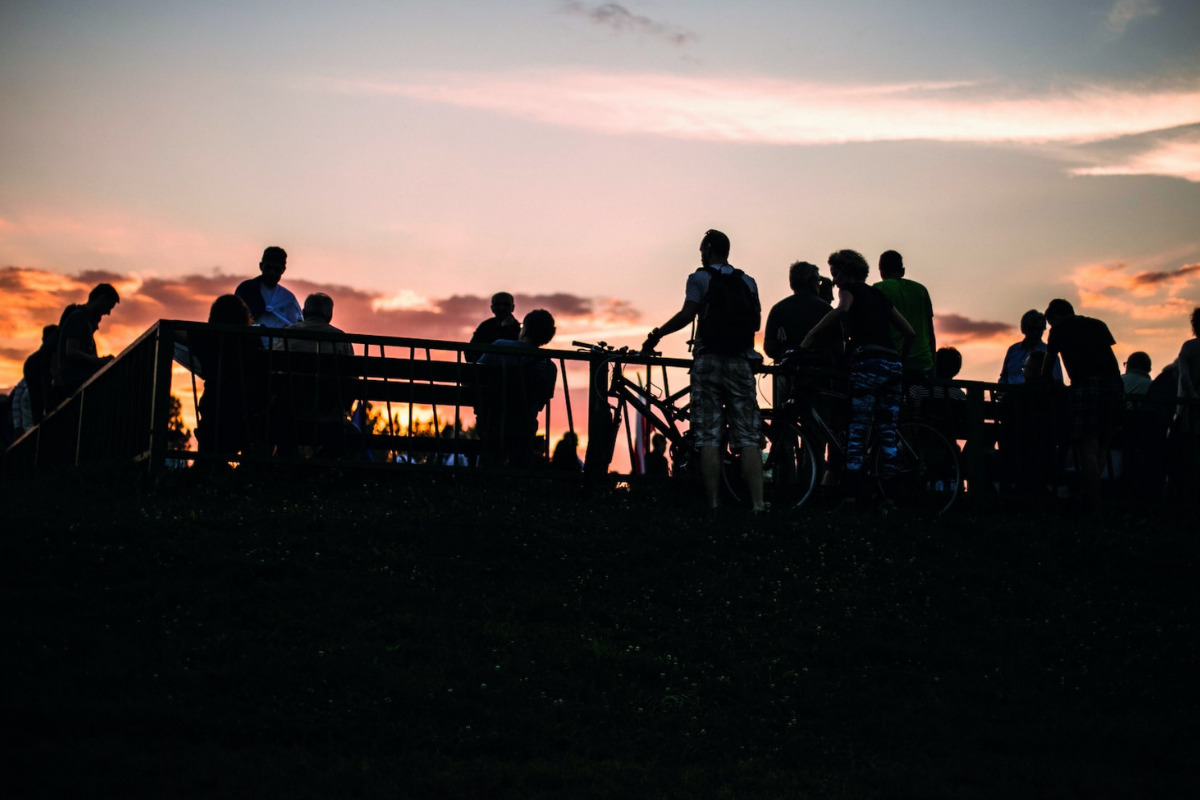
- Coliving
Coliving: The development of a major global real estate market
Coliving is one of the fastest-growing global real estate markets, drawing the attention of the world’s most...
Lucy McInally on May 18, 2023 -

- Coliving
What is coliving – is it still profitable? How did COVID affect the way coliving was evolving?
In his latest featured article, Marc takes a look at the coliving model to assess whether it...
Daniel Davies on December 18, 2020 -

- Coliving
‘Community is at the heart of what we do’ Dojo Bali
Dojo Bali is a coworking space located on the island of Bali, by the beachside town of...
Abiola Banky on December 5, 2019 -

- Coliving
- Community
- Events
- Hybrid work
CUASIA 2016 and #COlorWORKING
The [CUASIA unconference 2016](http://www.cuasia.co/ "CUASIA coworking unconference 2016") will be held next week in Ubud (Bali). For...
Carlos Almansa on February 19, 2016 -

- Coliving
- Hybrid work
Coworking, what can we expect in 2016?
Last year, we saw the coworking movement gain popularity, attract investors and make headlines in the press....
Carlos Almansa on January 11, 2016 -
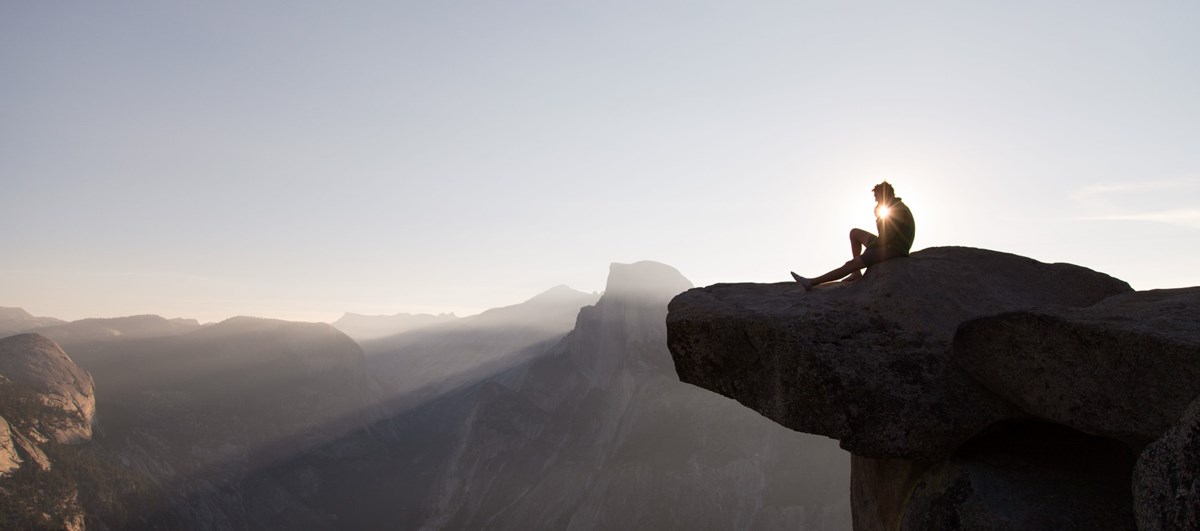
- Coliving
- Hybrid work
Digital nomads and coworking spaces
The concept of "digital nomad" is growing and the term is seeping through into everyday language, especially...
Carlos Almansa on November 3, 2015 -

- Coliving
- Hybrid work
“We really wanted to create Sende surrounded by nature, flowers and lots of birds”
María and Edo are travelling entrepreneurs and co-founders of Sende. María is from the social education sector...
Carlos Almansa on August 27, 2015 -

- Coliving
- Community
Coworking Space Managers: The spark that sets the community on fire!
Anyone who has been involved in the coworking movement will be aware that the most important value...
Carlos Almansa on April 1, 2015